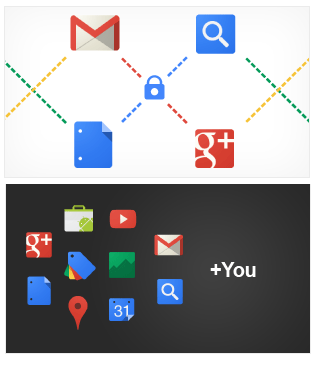Google's new privacy policy: The good, bad, scary

Google has updated its privacy policy in a way that breaks down product silos, but allows the search giant to mine data across all of its services.
In a blog post, Google outlined the changes. These changes are the enterprise Holy Grail in many respects. Companies everywhere want to break down product walls to get a 360 degree view of customers. The difference with Google is reach and it is actually succeeding. In a nutshell, Google is:
- Making its privacy policies easier to read.
- Aggregating data across products for Google and user experience.
- And arguing that it's easier to take your data and go somewhere else.
Here's how this boils down for this Google user between work and personal uses.

The bad: Unified user experience aside, it was kind of nice to have my YouTube personas different from say, Gmail and Google+. Philosophically it makes sense. Emotionally I'm not so sure I'm on board the one for all approach.
The scary: Google will know more about you than your wife does. Everything across your screens will be integrated and tracked. Google noted that it collects information you provide, data from your usage, device information and location. Unique applications are also noted. Sure you can use Google's dashboard and ad manager to cut things out, but this policy feels Big Brother-ish. Google is watching you as long as you are logged in. It's also unclear whether this privacy policy move will be considered bundling in some way by regulators. This unified experience hook appears to be at least partially aimed at juicing Google+. Google responded with clarification: Google noted that it already has all that data, but it's now integrating that information across products. It's a change in how Google will use the data not what it collects. In other words, Google already knows more about you than your wife.
The bottom line here is that you should start perusing Google's terms of service and privacy policies pronto.
See also: